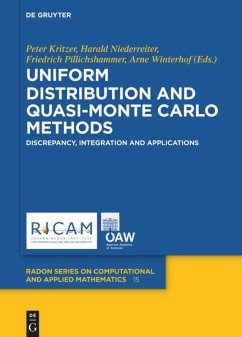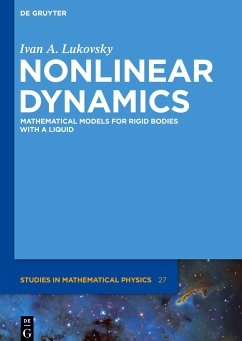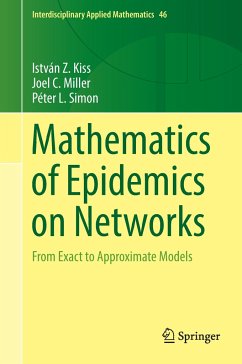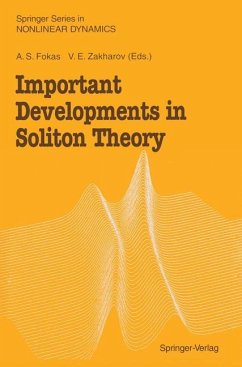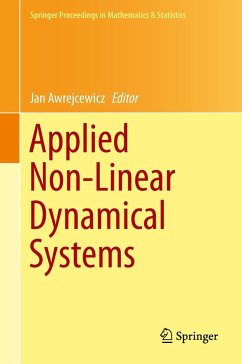Nicht lieferbar
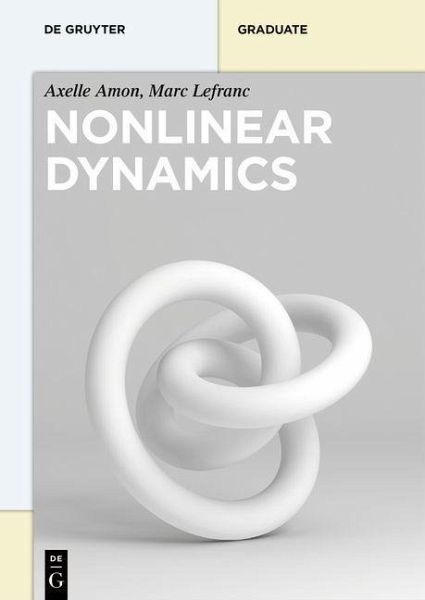
Nonlinear Dynamics
Versandkostenfrei!
Nicht lieferbar
Many nonlinear systems around us can generate a very complex and counter-intuitive dynamics that contrasts with their simplicity, but their understanding requires concepts that are outside the basic training of most science students. This textbook, which is the fruit of graduate courses that the authors have taught at their respective universities, provides a richly illustrated introduction to nonlinear dynamical systems and chaos and a solid foundation for this fascinating subject. It will satisfy those who want discover this field, including at the undergraduate level, but also those who nee...
Many nonlinear systems around us can generate a very complex and counter-intuitive dynamics that contrasts with their simplicity, but their understanding requires concepts that are outside the basic training of most science students. This textbook, which is the fruit of graduate courses that the authors have taught at their respective universities, provides a richly illustrated introduction to nonlinear dynamical systems and chaos and a solid foundation for this fascinating subject. It will satisfy those who want discover this field, including at the undergraduate level, but also those who need a compact and consistent overview, gathering the concepts essential to nonlinear scientists.
The first and second chapters describe the essential concepts needed to describe nonlinear dynamical systems as well as their stability. The third chapter introduces the concept of bifurcation, where the qualitative dynamical behavior of a system changes. The fourth chapter deals with oscillations, from their birth to their destabilization, and how they respond to external driving. The fifth and sixth chapters discuss complex behaviors that only occur in state spaces of dimension three and higher: quasi-periodicity and chaos, from their general properties to quantitative methods of characterization. All chapters are supplemented by exercises ranging from direct applications of the notions introduced in the corresponding chapter to elaborate problems involving concepts from different chapters, as well as numerical explorations.
The first and second chapters describe the essential concepts needed to describe nonlinear dynamical systems as well as their stability. The third chapter introduces the concept of bifurcation, where the qualitative dynamical behavior of a system changes. The fourth chapter deals with oscillations, from their birth to their destabilization, and how they respond to external driving. The fifth and sixth chapters discuss complex behaviors that only occur in state spaces of dimension three and higher: quasi-periodicity and chaos, from their general properties to quantitative methods of characterization. All chapters are supplemented by exercises ranging from direct applications of the notions introduced in the corresponding chapter to elaborate problems involving concepts from different chapters, as well as numerical explorations.






